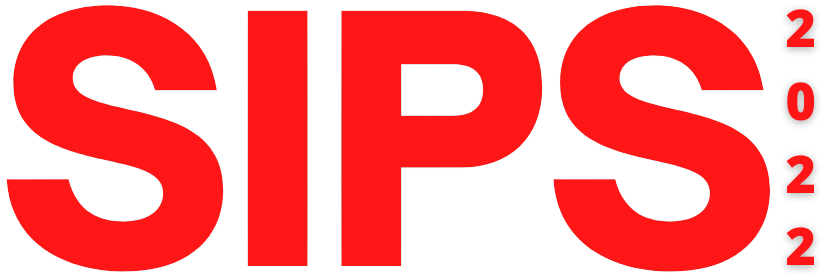
| [Solid and liquid wastes from industrial processes: Innovations in material recovery and environmental protection] Printed Circuit Boards Recycling Printed Circuit Boards Recycling Dagmar Janacova1; Karel Kolomaznik2; Vladimir Vasek1; Rudolf Drga1; Jan Pitel3; 1TOMAS BATA UNIVERSITY IN ZLIN, FACULTY OF APPLIED INFORMATICS, Zlin, Czech Republic; 2TOMAS BATA UNIVERSITY IN ZLIN, Zlin, Czech Republic; 3TECHNICAL UNIVERSITY OF KOSICE, FMT, Presov, Slovakia; PAPER: 116/Recycling/Regular (Oral) SCHEDULED: 14:50/Mon. 28 Nov. 2022/Arcadia 2 ABSTRACT: This paper focused on the modeling of ecological treatment of printed circuit boards (PCB). Due to the high increase in the production of electronic waste, which contains a whole range of usable components, it is necessary to recycle it. We have proposed a solution for the separation of conductive paths from plastics, taking into account the legislative approaches,the existing methods of PCB separation, the composition, and the production of PCBs and also the binders used in PCBs. We used the knowledge of process engineering to design a mathematical description of temperature fields in PCBs and the stress. To a great extent, we have devoted ourselves to the simulation experiments of PCB heating and cooling and the determination of temperature fields and the corresponding temperature-dependent cyclic mechanical stresses. The simulation was performed in the Pro / ENGINEER and COMSOL Multiphysics® software environments, because of the possibility of solving multiphysical problems. The outputs from computer simulations are the initial stage for the design of an eco-friendly way of recycling PCBs. In the future, we will focus on the more complicated issue of recycling multilayer PCBs. The development of new criteria for PCB recycling has opened new possibilities for the treatment of the used materials. References: [1] F. Božek, R. Urban, Z. Zemánek, Recycling, 202 pp., 2002, ISBN 80-238-9919-8 [2] J. Křenek. Doctoral thesis, 105, FAI UTB, Zlín 2017 [3] D. Janáčová, K. Kolomazník, V. Vašek, P. Mokrejš, 13th WSEAS, ACMOS'11, 2011, ISBN 9781618040046 [4] P. Božek, ICSS 2013, Wroclaw; Poland, 2013 [5] J. Křenek, D. Janáčová, O. Líška, V. Vašek, O. Šuba, CSCC 2017, The Journal MATEC Web of Conferences, Crete Island, 2017 [6] Z. Jančíková, P. Koštial, D. Bakošová, I. Ružiak, K. Frydrýšek, J. Valíček, M. Farkašová, R. Puchký, Journal of Nano Research, 16, 21, 2013 [7] D. Janačová, V. Vašek, J. Pitel’, M. Vítečková, R. Drga, J. Křenek, O. Líška MATEC Web Conf., 210 01004, 2018, eISSN: 2261-236X, https://doi.org/10.1051/matecconf |